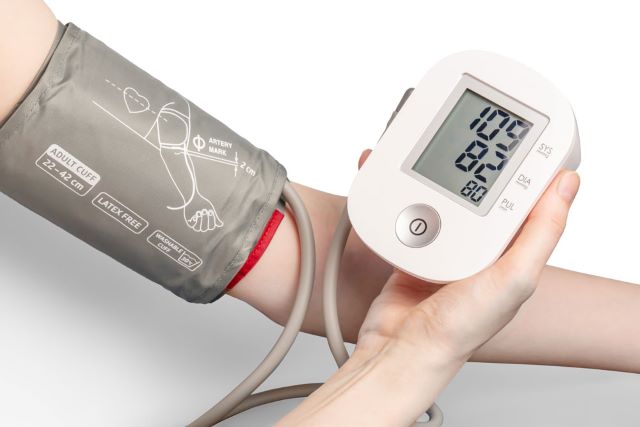Balancing Act: Weight Management Strategies for Blood Pressure Control

High blood pressure, or hypertension, is a common health condition affecting millions of people worldwide. Left unmanaged, it can lead to serious health complications such as heart disease, stroke, and kidney problems. However, with the right approach, high blood pressure can be effectively treated and controlled. In this comprehensive guide, we will explore various strategies for managing high blood pressure, encompassing lifestyle changes, dietary adjustments, and medical interventions.
Understanding High Blood Pressure
Begin by explaining what high blood pressure is, including its causes and risk factors. Emphasize the importance of regular blood pressure monitoring and understanding the two numerical values, systolic and diastolic. Provide statistics on the prevalence of high blood pressure globally and its impact on public health.
Lifestyle Modifications for Blood Pressure Control
1. **Healthy Diet:**
– Encourage a diet rich in fruits, vegetables, whole grains, and lean proteins.
– Discuss the DASH (Dietary Approaches to Stop Hypertension) diet and its proven benefits for blood pressure control.
– Highlight the importance of reducing sodium intake and moderating alcohol consumption.
2. **Regular Physical Activity:**
– Explain the role of regular exercise in maintaining a healthy blood pressure.
– Provide examples of aerobic exercises and strength training that can be incorporated into a daily routine.
– Stress the significance of consistency in physical activity.
3. **Weight Management:**
– Explore the connection between excess weight and hypertension.
– Offer practical tips for achieving and maintaining a healthy weight through a balanced diet and regular exercise.
Dietary Approaches for Blood Pressure Control
1. **Nutrient-Rich Foods:**
– Discuss specific nutrients like potassium, magnesium, and calcium, known for their blood pressure-regulating properties.
– Provide a list of foods that are excellent sources of these nutrients.
2. **Herbal Supplements:**
– Highlight herbs and supplements with potential blood pressure-lowering effects, such as garlic, hibiscus, and omega-3 fatty acids.
– Emphasize the importance of consulting with a healthcare professional before incorporating supplements.
Stress Management Techniques
1. **Mindfulness and Meditation:**
– Introduce mindfulness practices and meditation as effective stress reduction techniques.
– Share studies that demonstrate the positive impact of mindfulness on blood pressure.
2. **Relaxation Techniques:**
– Explore deep breathing exercises, progressive muscle relaxation, and other relaxation techniques to manage stress.
Medical Interventions
1. **Prescription Medications:**
– Briefly discuss common medications used to treat high blood pressure.
– Stress the importance of medication adherence and regular check-ups with healthcare providers.
2. **Monitoring and Follow-Up:**
– Provide guidance on maintaining regular blood pressure check-ups and monitoring at home.
– Encourage open communication with healthcare professionals to adjust treatment plans as needed.
By adopting a proactive and informed approach, individuals can effectively manage high blood pressure and promote overall cardiovascular health.




